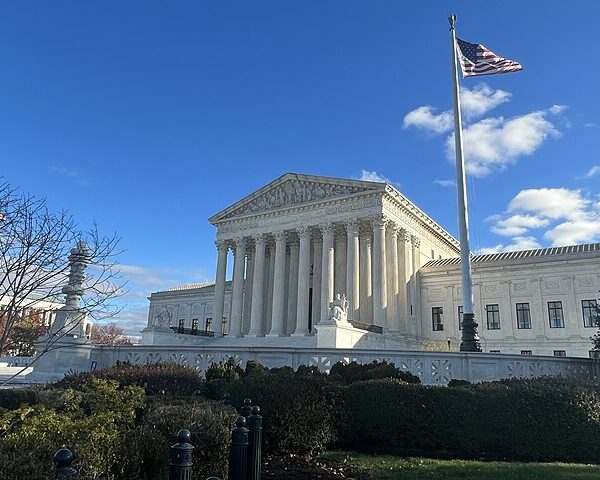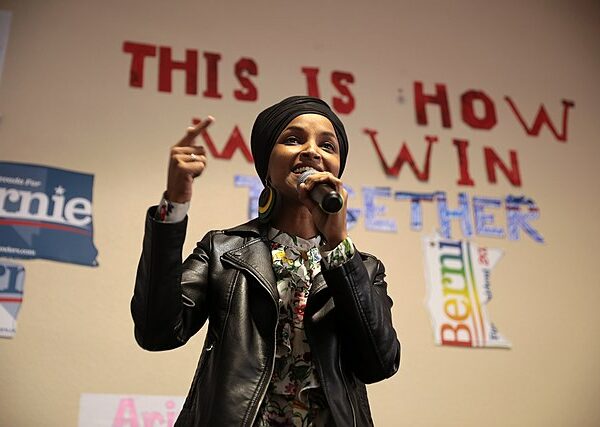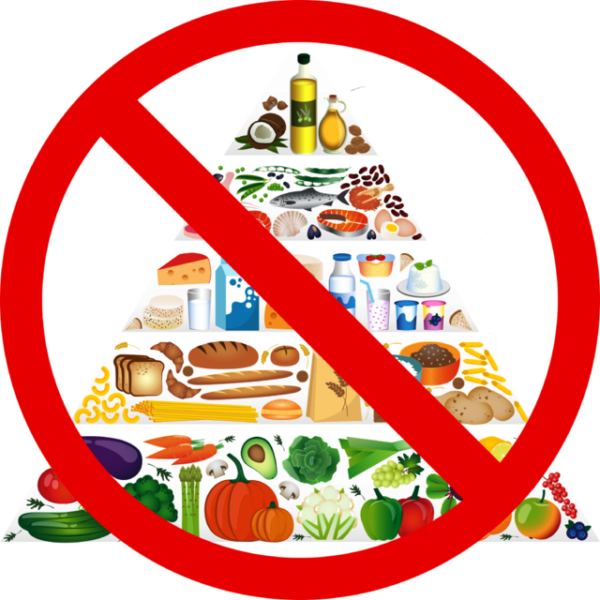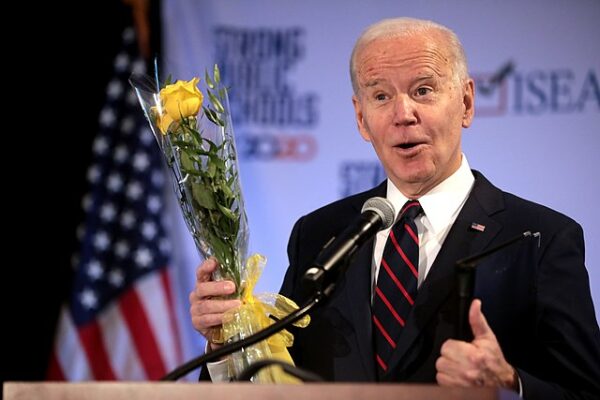
For Democrats, it’s never their policies that are a problem, it’s just their communications. In the aftermath of former Vice President Kamala Harris’s defeat in the 2024 presidential race, Democrats are turning inward, launching an ambitious effort to reshape their platform ahead of the next election cycle.
While everyone, including Trump himself, thought “Project 2025” was a campaign liability that nearly cost the Republicans the election, some liberals have decided to stick their finger in a political light socket. Led by former Democratic speechwriter and Arizona party chair Andrei Cherny, the new initiative—dubbed Project 2029—is intended to lay the intellectual foundation for the party’s next standard-bearer. Modeled in part after the conservative Project 2025, which President Donald Trump initially disavowed but later embraced in part, Project 2029 seeks to produce a comprehensive set of policy proposals for Democratic candidates heading into 2028.
Cherny, who co-founded Democracy: A Journal of Ideas nearly twenty years ago, has been blunt in his diagnosis of Harris’s failed campaign. “The oldest truism in politics is you can’t beat something with nothing,” he told The New York Times, lamenting what he sees as the campaign’s overreliance on anti-Trump rhetoric without a positive agenda. To correct this, Cherny plans to publish new policy blueprints through his journal over the next two years, culminating in a book aimed at guiding the party’s next presidential hopeful.
That strategy has reignited a familiar debate inside the Democratic coalition: is the party’s problem one of messaging, or of substance? Veteran pollster Celinda Lake believes it’s the former. “We didn’t lack policies,” Lake said. “But we lacked a functioning narrative to communicate those policies.” She faulted the campaign’s overuse of technocratic language—“agencies and acronyms and statistics”—and a failure to articulate a cohesive story that resonated with voters.
Others see a more fundamental deficit. Neera Tanden, head of the Center for American Progress and a member of Project 2029’s advisory board, argued that Democrats need sharper and more resonant ideas to counter Trump-era populism. “Liberals underestimate the power of Trump’s ideas, and that we need better ideas to take on both Trumpism and the GOP,” she said, citing Trump’s popular “no tax on tips” proposal as the kind of direct policy pitch that cuts through political noise.
Tanden recently spoke to Congress about President Autopen.
Project 2029’s advisory board, described by Cherny as “the Avengers of public policy,” includes former National Security Adviser Jake Sullivan, economist Justin Wolfers, and Anne-Marie Slaughter, former president of the New America Foundation. Still, not everyone is convinced the party needs another sweeping internal blueprint. Adam Jentleson, launching a new think tank called Searchlight, warned against the temptation to appease every party faction. “Developing policies by checking every coalitional box is how we got in this mess in the first place,” he said.
The project’s branding has also drawn criticism, with some Democrats uneasy about the echoes of Project 2025—a document that Democrats harshly criticized during the 2024 campaign for its proposals to centralize executive power, limit immigration, and restrict abortion access. A September 2024 New York Times/Siena College poll found only 15 percent of voters supported Project 2025’s ideas. But Democracy editor Michael Tomasky brushed off concerns. “Our ideas aren’t radical or extreme,” he said. “Liberalism has not done its best job of connecting with working-class people.”
Internal party fault lines continue to widen, however. In New York, Assemblyman Zohran Mamdani’s upset victory in the mayoral primary has intensified the debate. Mamdani ran on blunt, populist themes like “freeze the rent” and “free child care,” leaving observers to wonder whether it was the messaging or the message itself that energized voters.
He also, however, proposed taxing “whiter neighborhoods” and plans to launch government-owned grocery stores.
"Whiter neighborhoods"
Understand where we are. pic.twitter.com/4BOLLvcdpk
— Josh, Mountain Respector (@StrangerJosh11) June 26, 2025
A recent video of Mandami also revealed that his long-term plan is to “seize the means of production,” a common refrain heard from communists during the early 20th century.
Nick Gourevitch, a Democratic pollster, emphasized the power of narrative framing. He pointed to a recent poll showing that Democratic policy ideas gained nine points in popularity when couched in language that acknowledged systemic unfairness. “People think that our various systems and laws are broken,” he said. “If you acknowledge that the system needs to be fixed to work better, then you start in a better place.”
As Democrats gear up for the 2028 election, Project 2029 aims to unify the party behind a coherent vision. Whether it succeeds may depend less on policy details and more on the party’s ability to speak with clarity, confidence, and conviction to an electorate that remains skeptical of both parties’ promises.
[Read More: Major Trump Critic Admits He Was Wrong]











